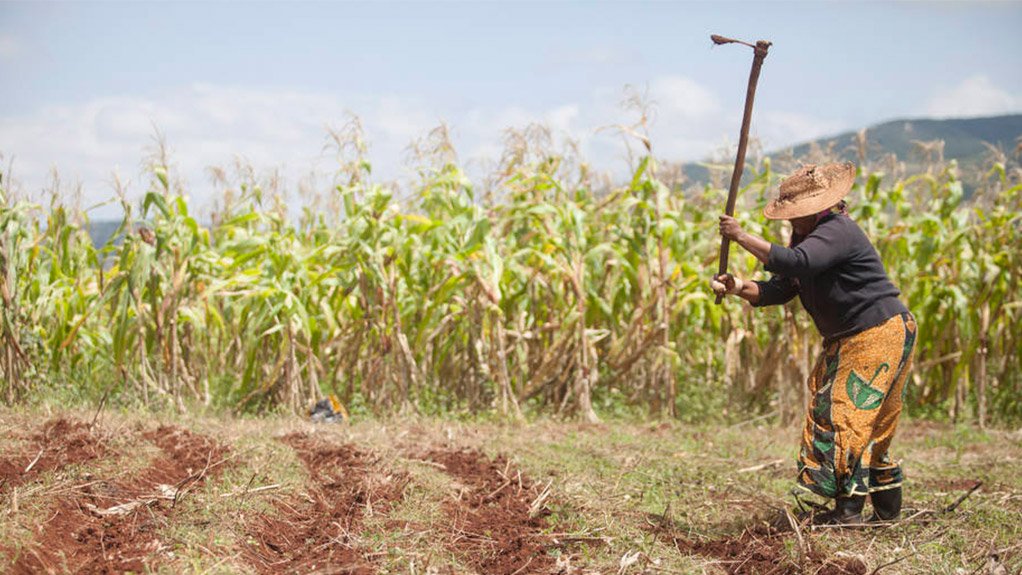South Africa will today transport its last consignment of maize to Lesotho, which has been experiencing a food crisis since July 2012.
The last of 20 trucks carrying more than 700 metric tonnes of maize meal - enough to provide daily school meals to 27 700 children for a school year – are set to leave a mill in Nigel today bound for Maseru, the capital of Lesotho.
This initiative has been made possible by the South African government’s contribution of R180 million to the United Nations World Food Programme (WFP) in response to a major food crisis declared in Lesotho in 2012.
These funds, according to the Department of International Relations and Cooperation, have since enabled WFP to provide critical food assistance to some 263 000 vulnerable women and children.
These include pre-school and primary school children as well as pregnant and nursing women who have been receiving special nutritional products for the treatment and prevention of malnutrition.
As part of its commitment to support smallholder farmers, in agreement with the government of South Africa, WFP has sourced 40 percent of the cereals needed for Lesotho from smallholder farmers in South Africa.
To date, WFP has purchased from this sector more than 4 300 metric tons of maize and sugar beans worth R21 million.
“The South African government is pleased to be part of this endeavour to help those who are deprived in Lesotho. Equally, the South African government has hailed this partnership with WFP, which is committed to supporting the government in integrating smallholder farmers further into the economy,” said department spokesperson Clayson Monyela.
This was the first time that WFP has purchased commodities for its regional operations from smallholder farmers in South Africa.
As part of the R180-million South African donation to Lesotho, WFP also procured some 16 000 metric tons of commodities worth R117-million from commercial traders in South Africa.
WFP is increasingly exploring ways to empower smallholder farmers through food purchases and better marketing capacity drawing on lessons learned from its global ‘Purchase for Progress’ initiative.
In recent years, this project supported farmers, helping them grow more, sell more (including to WFP for use in food assistance programmes), earn more, and become competitive players in their local markets.
From its Regional Bureau in Johannesburg, WFP last year purchased 114 000 metric tons of food worth $58.4-million from Southern African Development Community (SADC) countries.
EMAIL THIS ARTICLE SAVE THIS ARTICLE
To subscribe email subscriptions@creamermedia.co.za or click here
To advertise email advertising@creamermedia.co.za or click here











